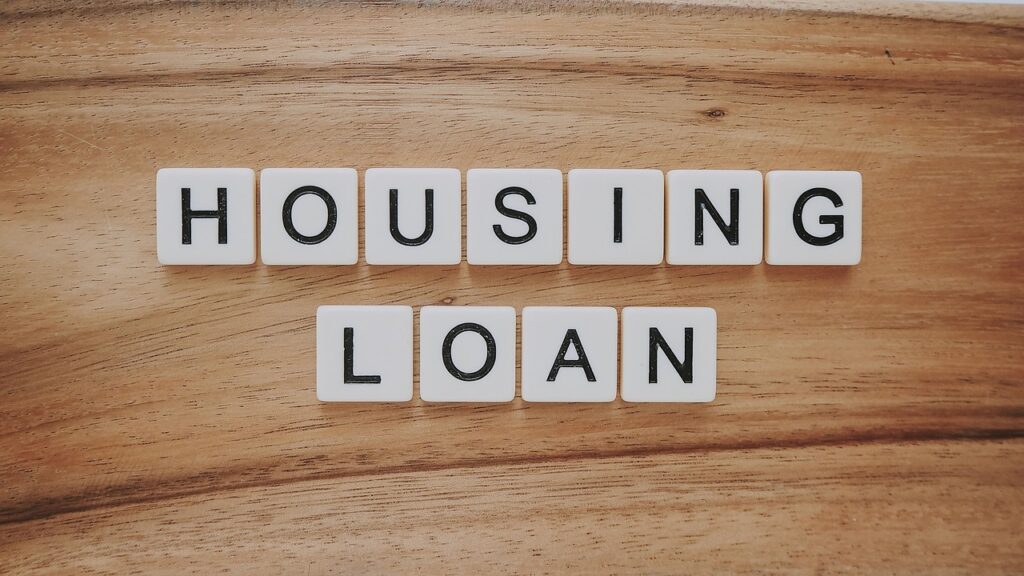Understanding Home Loan Interest Rates: A Comprehensive Guide

When it comes to financing big expenses, home loans are a popular option for homeowners. Whether you’re looking to renovate your home, consolidate debt, or pay unexpected medical bills, a home loan can provide you with the funds you need. Home Equity Loan Rates
However, before you commit to this financial product, it’s important to understand how home loan interest rates work, what factors affect them, and how to get the best possible rate. This guide will tell you everything you need to know about home loan interest rates.
What is a home loan?
A home loan is a type of loan that allows homeowners to borrow against the equity they have built up in their home. Equity is the difference between the current market value of your home and the amount you still owe on your mortgage.
Home loans are often called “second mortgages” because, like your first mortgage, they are secured by your home. Home Equity Loan Rates
They typically have fixed interest rates, meaning your monthly payments stay the same for the entire term of the loan. This predictability makes them an attractive option for borrowers who value stability in their financial planning.
How mortgage rates work
Home loan rates are the interest rates that lenders charge on the amount borrowed. These rates are typically lower than unsecured loans, such as personal loans or credit cards, because the loan is secured by your equity. If you fail to repay the loan, the lender can seize your property to recoup its losses.
Debt-to-income ratio (DTI): Your DTI ratio measures your monthly debt payments in relation to your gross monthly income. Lenders prefer borrowers with a lower DTI ratio because it indicates a greater ability to handle additional debt.
Market conditions: Mortgage rates are affected by broader economic factors, such as the Federal Reserve’s benchmark rate and housing market trends. When interest rates are generally low, mortgage rates tend to be cheaper.
Loan amount and term: The amount borrowed and the term of the loan can also affect the interest rate. Larger loans or longer terms can result in higher interest rates due to the higher risk to the lender.
Current mortgage rate trends
Starting in 2023, mortgage rates will be affected by the Federal Reserve’s efforts to combat inflation. While rates have increased since historic lows in 2020 and 2021, they are still competitive compared to other financing options. On average, mortgage rates range from 6% to 9%, depending on the factors mentioned above.
Please note that mortgage rates can vary significantly depending on the lender. To make sure you get the best rate, shop around and compare offers from several lenders. Home Equity Loan Rates
Fixed vs. Variable Rate
Home loans typically have a fixed rate, which means: h. Your interest rate and monthly payment remain the same throughout the term of the loan. This predictability makes budgeting easier and protects you from future interest rate increases.
However, some lenders offer home equity loans (HELOCs), which often have a variable rate. HELOCs allow you to borrow against your equity when you need it, similar to a credit card.
While variable rates may be lower than fixed rates initially, they can fluctuate over time, making your monthly payments less predictable.
How to Get the Best Mortgage Rate for Your Home
Getting the best interest rate on your home loan requires careful planning and preparation. Here are some steps you can take to increase your chances of getting a favorable rate:
Check your credit score: Before you apply for a mortgage, you should review your credit report and address any errors or problems that could lower your credit score. Paying off existing debt and making payments on time can also help improve your credit score.
Compare rates: Don’t settle for the first quote you get. Compare rates and terms from multiple lenders, including banks, credit unions, and online lenders. It’s important to remember that in addition to the interest rate, you should also consider the related costs.
Improve your LTV ratio: If possible, pay off your mortgage debt or wait until your home’s value increases before applying for a mortgage rate. A lower LTV ratio can help you qualify for a better interest rate.
Consider a shorter loan term: While longer loan terms can result in lower monthly payments, they often come with higher interest rates. Choosing a shorter term can save you money in the long run.
Negotiate with lenders: Don’t be afraid to negotiate with lenders to get a better interest rate. If you have good credit or an existing relationship with a lender, you may be able to use these factors to your advantage.
Alternatives to home loans
If a home loan doesn’t seem like the right choice for your needs, consider these alternatives:
Home Equity Line of Credit (HELOC): A HELOC offers more flexibility and allows you to borrow up to a certain limit when needed. However, variable interest rates can make budgeting more difficult.
Payday refinancing: This option allows you to refinance your existing mortgage for a higher amount than you currently owe and receive the difference in cash. This may be a good option if your current mortgage rate is lower than your current interest rate.
Personal Loans: Unsecured personal loans do not require collateral, but interest rates are usually higher and repayment terms are shorter.
Credit Cards: For smaller expenses, a credit card with a 0% introductory interest rate can be a sensible option. However, high interest rates may apply after the promotional period has expired.
Final Thoughts
Home loans can be an effective financial tool for homeowners because they provide access to capital at relatively low interest rates.

However, it is important to understand how home loan rates work and what factors affect them. By improving your credit score, shopping for the best interest rates, and carefully considering your financial goals, you can make an informed decision that meets your needs.
Remember, your home is at stake when you take out a home loan. Therefore, it is important to manage your money responsibly and make sure that you can easily manage your monthly payments.
